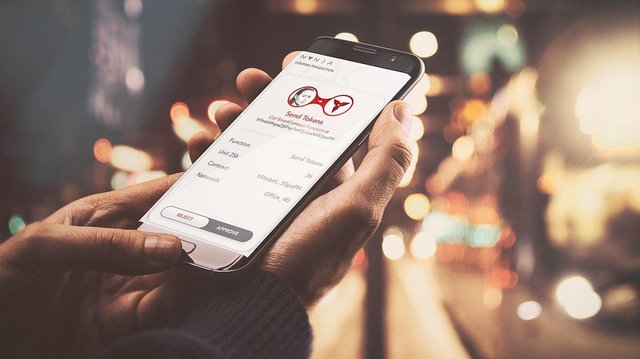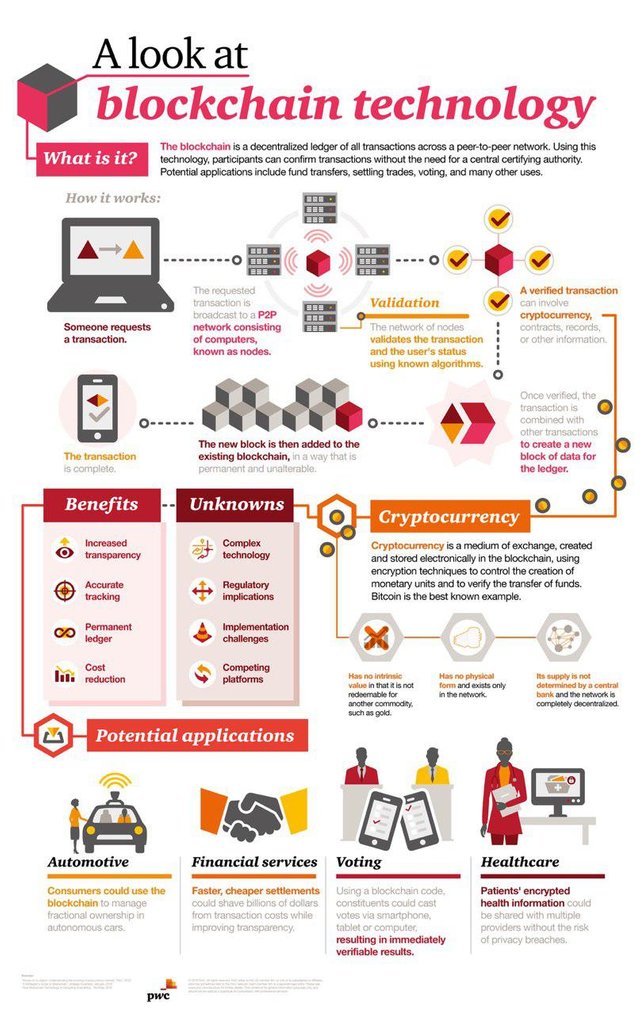
If you are on top of current events, by now you have heard of blockchain and cryptocurrency and the often confusing medley of messages touting the decentralization of systems through blockchains as the next industrial revolution -- or news about overnight crypto coin millionaires whose fortunes can be hacked and stolen just as quickly as they were made. Underlying these nuggets of truth you will hear of unbridled energy and enthusiasm toward the exploration of new ideas and technology birthed by blockchain and crypto that will undoubtedly trickle down into big changes in the way we live and perform transactions.
So let’s start with the basics, what is it? Blockchain technology is the trusted commercialization of digital transactions. Currently the global economy operates through a highly regulated third-party network of banks, credit cards, and governments with promises of insurance and protection. Sounds safe, but in the event of economic collapse (remember Greece and Brazil?), millions of people lose their money anyway.
Shortly after the U.S. financial crisis of 2008, a new anonymous peer-to-peer protocol of creating and tracking transactions using a trusted decentralized ledger system (think of a global Excel spreadsheet powered by millions of computers) called blockchain was introduced that worked with traceable currency called Bitcoin that could be bought, sold and verified without identifying information. This means transactions cannot be lost or manipulated, the exchange is completely open and documented for anyone to see, yet does not require any personal information to access in the traditional sense. This concept liberates transactions for anonymous and safe on-demand transfer, provides the access to a reliable banking system for the millions of unbanked people in third-world countries, and promises opportunities to disrupt the control of an elite few to data-mine and control the provisioning of resources for the many.
This decentralization of transactions and currency has had the tech and financial world buzzing; but now media, pharma, education, government, communication and other global industries are jumping on the bandwagon. The biggest pitch conferences and accelerators in the world have put out a call for more blockchain startup submissions and have created dedicated blockchain tracks; while new blockchain and crypto conferences are springing up daily. Imagine transparent voting, or sourcing the origin of your food, or hiring on-demand freelance help? Blockchains pull back the curtain to the original source in a completely anonymous way. Because blockchains are powered by a diaspora of computing servers, there is no single source to manipulate, the decentralized blockchain ledger is on all of the computers in the collective.
So, what is all this buzz about and what are some of the ways it blockchain and cryptocurrency have the potential to change your life?

Social Media Networks
Picture social media networks that are free from manipulation and censorship powered with transparency that pays users for creating content using a Blockchain rewards system. Steemit is doing just that.
Elections
Who really won the election? With Blockchain technology, the future winner might be clear and undeniable. FollowMyVote is solving this problem.
Fair Sweepstakes
Winner, winner, can we have an honest winner? Trustroot and Pryze have teamed up to solve for honest Blockchain cryptocurrency sweepstakes.
Trading Stocks
Sounds futuristic, but India and Japan are doing deeper dives into how Blockchain technology can enhance the stock exchange by eliminating expensive third-party fees while solving for inoperability through automation coupled with trust in transactions and instant access to funds.
Decentralized Travel
Currently three travel companies (Amadeus, Sabre, and Travelport) own 90 percent of the Global Distribution Systems market share. Winding Tree is a non-profit blockchain-based decentralized open-source travel distribution platform that cuts out the middleman, lowering costs.
Accessible Real Estate
Buying or selling a home is a lengthy process. ShelterZoom streamlines the offer and acceptance process using Blockchain technology on the backend that integrates with any website, cutting down paperwork, allowing further visibility and instant communication.
Transparency in Pharma
Today’s medication is sourced from many countries all over the world. With Blockchain technology the medication supply chain can become transparent and open up markets to smaller vendors creating lower costs to patients. Mediledger is creating such solutions.
Encrypted Messaging and Secure Digital Marketplaces
We have seen the on-demand distributed workforce emerge from mobile app peer-sharing networks like Uber, Airbnb and Fiverr. Imagine creating an even more streamlined frictionless on-demand workforce layered on top of an encrypted messaging platform like WhatsApp and powered by a cryptocurrency wallet with an open API and new blockchain OS technology.
That’s what NYNJA is doing with the creation of the first blockchain enabled platform to combine advanced global communications system and an on-demand marketplace where people can transact goods and services globally with NYNJAcoin, potentially revolutionizing how we communicate, buy goods, hire, find work and more.
The buzz and ideation around blockchain and crypto continues to pick up speed. From these few examples it is easy to see that blockchain and cryptocurrency technology can infuse many fragmented online legacy industries with game changing disruption, accountability, clarity and trust that will surely change our lives for the better. So get ready, it is coming!
✅ @nynjagroup, I gave you an upvote on your first post! Please give me a follow and I will give you a follow in return!
Please also take a moment to read this post regarding bad behavior on Steemit.
Downvoting a post can decrease pending rewards and make it less visible. Common reasons:
Submit